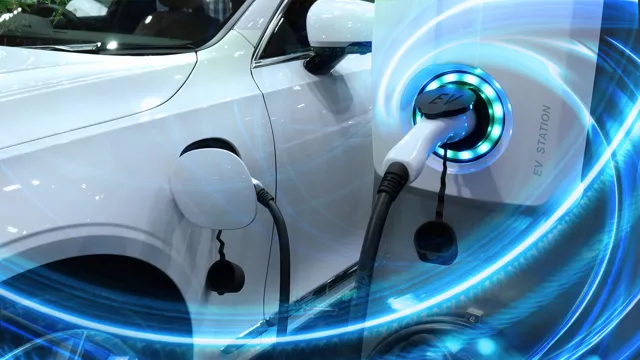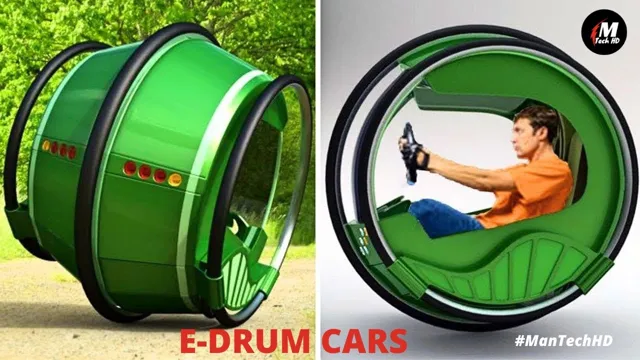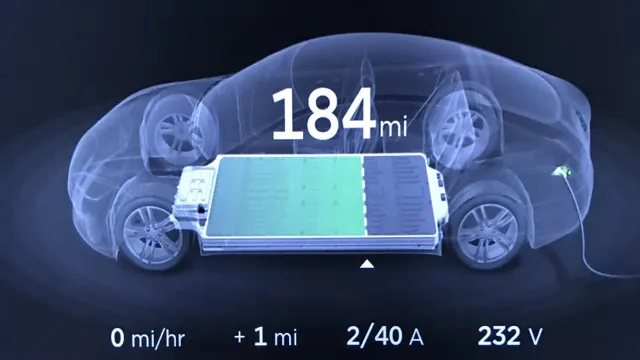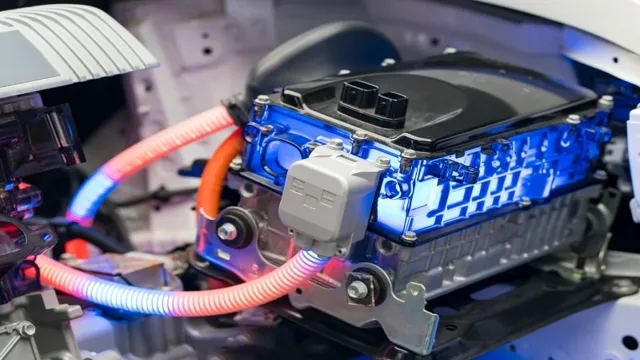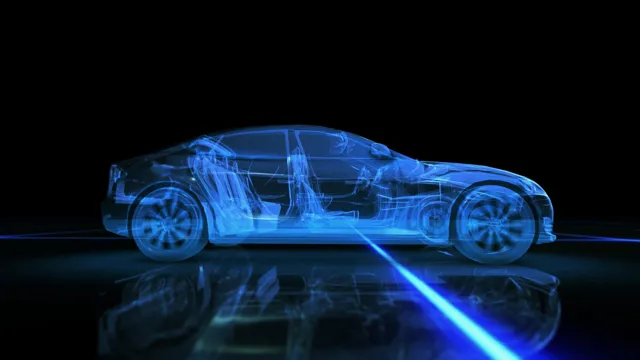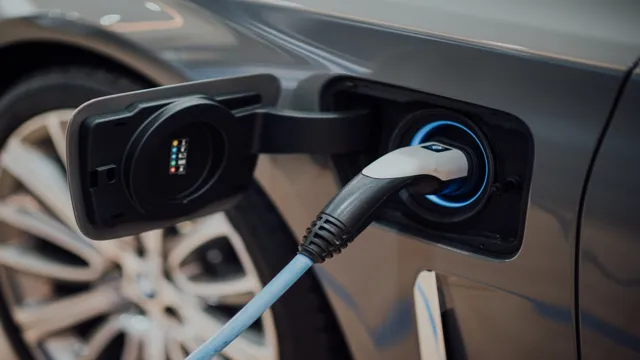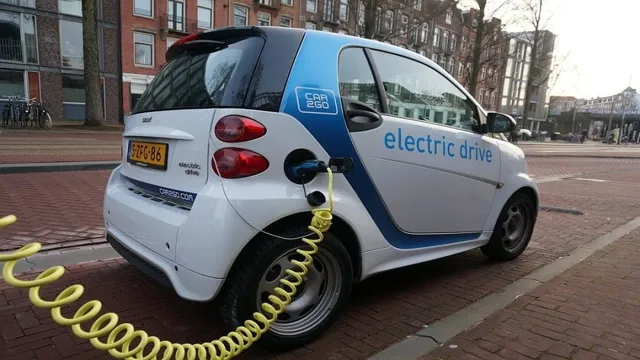Revolutionizing the Road: Discover the Latest and Greatest in New Electric Car Technology
Are you tired of the rising gasoline prices and the negative impact of fossil fuels on the environment? Well, the good news is that there’s a new technology that promises to revolutionize transportation – electric cars. These cars are powered by electricity instead of gasoline, making them not only fuel-efficient but also environment-friendly. The electric car industry is constantly evolving, and new innovative technologies are emerging to make electric cars more affordable and efficient than ever before.
From longer battery life to faster charging time, electric car manufacturers are continuously working to improve their products’ performance. One of the latest electric car technologies is the use of solid-state batteries. Unlike traditional lithium-ion batteries, solid-state batteries use solid electrolytes instead of liquid, making them more stable and Safe.
The new technology promises to double the current range of electric cars, making long-distance travel easier and more convenient. Furthermore, the development of wireless charging technology means that electric cars can now be charged without the need for cables or plugs. Just like charging your phone wirelessly, you park over a charging pad, and the car battery starts charging automatically.
This improves the efficiency and speed of charging, making electric cars more practical for everyday use. This new electric car tech is a game-changer that will transform the automotive industry. It will make transportation more affordable, accessible, and sustainable.
As electric car technology improves, more and more people will be able to switch from gasoline to electric cars, reducing their carbon footprint and saving money on fuel costs. So, are you ready to join the electric car revolution?
The Rise of Electric Cars
New electric car technology has been on the rise in recent years, leading to a surge of interest in environmentally-friendly vehicles. Electric cars use rechargeable batteries to power their engines, eliminating the need for traditional fossil fuels. These cars offer a number of benefits, including reduced emissions and lower operating costs.
One of the most exciting developments in electric car technology is the advent of wireless charging. Drivers can now simply park their electric cars over a pad that wirelessly charges the battery while they go about their day. Other improvements include longer-lasting batteries and faster charging times, making electric cars even more practical for everyday use.
With major automakers investing heavily in electric car technology, it’s clear that this technology is here to stay. As more and more people become aware of the benefits of electric cars, we can expect to see them become even more commonplace on our roads in the coming years.
Shift to Sustainable Energy
With the increasing focus on sustainability and combating climate change, the rise of electric cars has been a significant development. Electric vehicles (EVs) are becoming more prevalent on the roadways, and with good reason. EVs are environmentally friendly, producing zero emissions during operation.
They’re also much cheaper to operate than traditional gas-powered cars, as electricity costs are much lower than gas prices. Additionally, EVs require less maintenance and have an extended lifespan, so they’re more cost-effective in the long run. Although electric cars have been around for several years, their growing popularity, primarily due to government incentives, technological advances, and increased awareness of global warming, has made them a viable alternative to traditional vehicles.
The shift to sustainable energy is here to stay, and electric cars are just the beginning. As more people switch to sustainable energy, we can hope to see a significant reduction in carbon emissions and a brighter future for the planet.
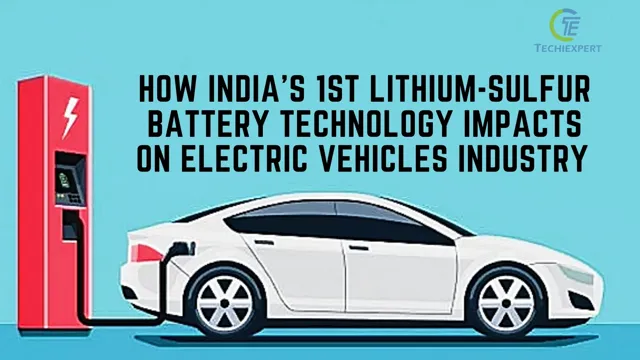
Benefits of Electric Cars
Electric cars have been steadily rising in popularity, and for good reason. Not only do they provide a cleaner and more eco-friendly mode of transportation, but they also come with a multitude of benefits. With increasing concerns about climate change and the need for sustainable living, electric cars offer a practical solution.
One of the main advantages of electric cars is their efficiency, as they can be charged easily and quickly, providing a longer driving range than traditional gas-powered cars. Another benefit is their cost-effectiveness in the long run, as they require less maintenance and have lower fuel costs. Not only that, but electric cars also offer a quieter and smoother driving experience, creating a more comfortable and enjoyable ride.
Despite the initial investment, the benefits of electric cars make them a worthwhile option to consider, not just for personal use but for the greater good of our environment.
Cutting-Edge Electric Technology
Electric cars are becoming more and more popular every year, with new electric car technology being developed that promises to revolutionize the industry. One of the latest advancements in electric car technology is solid-state batteries, which are more energy-dense and safer than traditional lithium-ion batteries. This new technology could solve two of the biggest challenges facing electric cars: range anxiety and the risk of battery fires.
Another exciting development is the use of wireless charging technology, which eliminates the need for cords and cables. Wireless chargers can be installed in parking lots and garages, making it easy for electric car owners to top up their batteries while they’re parked. With more and more electric car technology being developed, it’s clear that the future of transportation is electric.
Solid-State Batteries vs. Lithium-Ion Batteries
Solid-state batteries and lithium-ion batteries are two energy storage systems that power electric vehicles. Some experts predict that solid-state batteries will revolutionize electric car technology by solving the issues that currently plague lithium-ion batteries. Solid-state batteries operate on a thin layer of solid electrolyte instead of a liquid electrolyte, which makes them less prone to fire and explosion.
They are also more compact and have a higher energy density, which means they can store more energy in a smaller package. Although solid-state batteries are still in the development stage and have not been mass-produced, they hold enormous potential for the electric vehicle industry. However, lithium-ion batteries have developed significantly over the past decade and remain the dominant energy storage system for electric vehicles.
They are cost-effective and have a proven track record of reliability. As technology improves and solid-state batteries become more accessible, the market may shift towards this technology as the industry standard.
Wireless Charging and Autonomous Driving
Wireless Charging and Autonomous Driving Wireless charging has been a major game-changer in the world of electric vehicles (EVs). In fact, this revolutionary technology has made charging EVs faster, easier and smarter than ever before. With wireless charging, drivers no longer need to worry about cables and adapters and can simply park their car over a charging pad and let technology do the rest.
This is particularly important for autonomous cars, which rely on uninterrupted charging to function seamlessly. In addition to improving the user experience, wireless charging also helps reduce the environmental impact of EVs by eliminating the need for fossil fuels. As the world moves towards a future of smart cities and autonomous vehicles, wireless charging will undoubtedly play a vital role in making this vision a reality.
Ultra-Fast Charging and Range Anxiety
Ultra-fast charging and range anxiety are two of the biggest concerns of consumers when it comes to electric vehicles. However, with cutting-edge electric technology, these issues are being addressed to pinpoint accuracy. The latest advancements in ultra-fast charging technologies have revolutionized the driving experience of electric vehicles.
With chargers that are capable of providing up to 350 kW of power, drivers can charge their cars up to 80% in just 30 minutes or less. This makes long highway drives and road trips with electric cars a much more feasible reality compared to the past. Additionally, with this state-of-the-art technology, range anxiety is becoming a thing of the past as well.
As a driver, it’s exhilarating to take advantage of this new technology and break free from the limitations of traditional gasoline-powered vehicles.
The Future of Electric Cars
New electric car technology is quickly evolving and spurring excitement among drivers and car enthusiasts. The emergence of solid-state batteries and improved charging infrastructure are just a few of the advancements that are expected to transform the future of electric cars. Solid-state batteries are projected to have a higher energy density, making them more efficient than traditional battery technology.
Additionally, the development of super-fast charging stations could drastically reduce charging times, enabling electric vehicles to quickly recharge during long trips. These advancements, along with improved performance, range, and affordability, are expected to revolutionize the automotive industry and make electric cars a more appealing and practical option for drivers. As new electric car technology continues to evolve, it’s clear that the future of electric cars is bright, and we can expect to see continued innovation and progress in the years to come.
Innovations in Design and Efficiency
The future of electric cars is looking bright with new innovations in design and efficiency. As technology advances, electric cars are becoming more affordable and accessible, making them a viable option for more people. One of the major innovations in electric car design is the use of lightweight materials, such as carbon fiber and aluminum.
These materials help to reduce the weight of the car, which in turn increases its range and improves its overall efficiency. Another area of innovation is the development of more advanced batteries. New battery technologies are allowing for longer ranges and faster charging times, making electric cars even more practical for everyday use.
Additionally, many car manufacturers are embracing autonomous driving technology, which can help further increase the efficiency of electric cars by optimizing their use on the road. With all these advancements, it’s clear that electric cars are the way of the future and will continue to become more and more prevalent on our roads.
Market Growth and Competition
As the world shifts towards more sustainable options, the future for electric cars seems bright. The electric vehicle market has experienced a steady growth over the years, with an annual growth rate of 22% in 2020 alone. As more governments introduce policies to incentivize the adoption of electric vehicles and more consumers become conscious of their environmental impact, the growth of the market is expected to continue exponentially.
However, as the market becomes increasingly crowded, competition among electric vehicle manufacturers will be fierce. Companies will need to differentiate themselves and offer better features to attract consumers. This means we can expect innovative and exciting advancements in electric vehicle technology, such as longer battery life and faster charging times.
In the end, it’s a win-win for the environment and consumers alike.
Converting the World to Electric Cars
The world is slowly but surely transitioning towards a future where electric cars will be the norm. Thanks to new electric car technology, we can now enjoy sustainable and eco-friendly transportation. Electric vehicles (EVs) offer numerous benefits, including reduced emissions, lower running costs, and quieter rides.
With more and more people becoming conscious of their carbon footprint and the long-term implications of using fossil fuels, the demand for EVs is steadily rising. Manufacturers are racing to produce more affordable and reliable electric cars, with some even offering incentives to entice consumers. As this trend continues, we can expect to see more charging stations pop up and governments implementing policies to encourage the adoption of EVs.
It’s an exciting time, as we move towards a greener, cleaner, and more sustainable future.
Conclusion
In conclusion, the new electric car technology is set to revolutionize the way we think about transportation. With zero emissions and improved battery life, these vehicles are both environmentally friendly and cost-effective. They also offer a smooth and quiet driving experience, making it easier than ever to navigate through busy cities.
Plus, with features like self-driving capabilities, instant charging, and futuristic design, electric cars are sure to turn heads and spark conversation. So why not join the electric car revolution and drive towards a better, more sustainable future?”
FAQs
What is new electric car technology?
New electric car technology refers to the latest advancements in electric vehicle design, which include features such as longer battery life, improved charging speed, and enhanced driving range.
What are the benefits of new electric car technology?
The benefits of new electric car technology include reduced emissions, lower operating costs, and a more environmentally-friendly mode of transportation.
How do electric cars with new technology charge?
Electric cars with new technology can charge in a variety of ways, including at home with a charging station, at public charging stations, or through fast-charging technology.
What advancements are being made in new electric car technology?
Advancements in new electric car technology include more efficient battery technology, improved driving range, faster charging times, and increased connectivity features.
